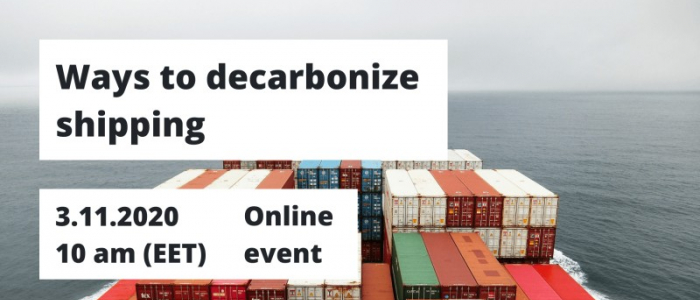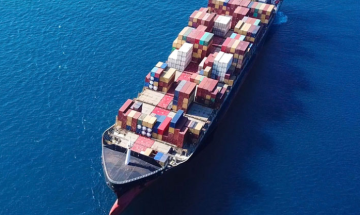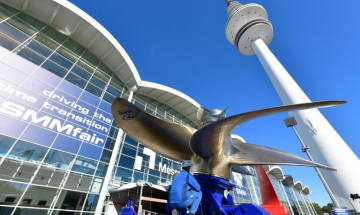Ways to decarbonize shipping

Changes in the marine industry are today faster and more visible than ever before. A business that has faced almost no environmental regulations before this century and utilized cheap fuels, which were considered as waste in most other industries, has had few incentives to pursue any developments by itself.
Regulations in shipping
According to the third IMO GHG study (released in 2014), estimated that shipping emitted approximately 938 million tonnes of CO2 in 2012, accounting for 2.6% of the global anthropogenic CO2 emissions that year.
This is a reduction compared to the 1100 Mt CO2 emitted in 2007 (3.5% of global emissions), how-ever, increase in vessel size and lower operational speeds are the main reasons to this reduction (Bouman, et al., 2017).
Ship emissions are expected to increase in this growing industry. Depending on future economic and energy developments, shipping emissions may increase by 50% to 250% in the period to 2050. The continued growth of the industry is a concern if no significant gains in energy efficiency are achieved and alternative low-carbon fuels are introduced.




